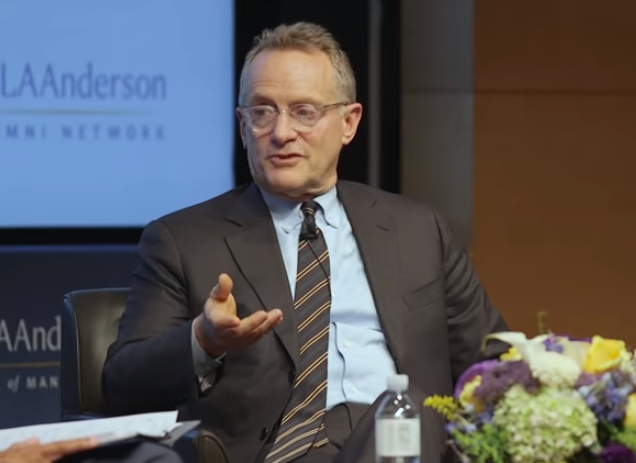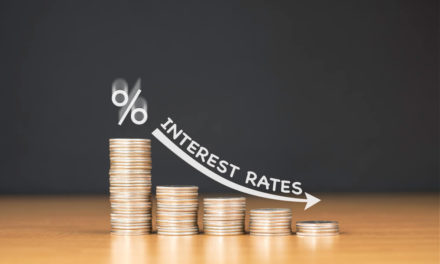Billionaire Oaktree Capital Management Co-Chair Howard Marks wrote in his latest memo it is worrisome to continually hear investors say “this time it’s different” when it comes to the record bull market run and that it “can only get better forever.”
People who think and invest this way are setting themselves up for monumental failure and losses, Marks warned.
Marks posted his latest memo to Oaktree clients Wednesday, outlining nine borderline ridiculous hypotheses he thinks have become far too prevalent among investors, such as central bank policy leading to permanent success and that recessions can be delayed or even headed off with monetary policy.
The list:
- There doesn’t have to be a recession.
- Continuous quantitative easing can lead to permanent prosperity.
- Federal deficits can grow substantially larger without becoming problematic.
- National debt isn’t worrisome.
- We can have economic strength without inflation.
- Interest rates can remain “lower for longer.”
- The inverted yield curve needn’t have negative implications.
- Companies and stocks can thrive even in the absence of profits.
- Growth investing can continue to outperform value investing in perpetuity.
“The nine propositions reviewed above all represent variations on ‘things can only get better forever,'” Marks wrote. “If they’re the ideas guiding investors today, that should be considered worrisome.”
While it’s of course impossible for anyone to predict exactly when and why a recession begins, Marks said he keeps it in the back of his mind that a recession is always on the horizon.
“We’ve always had economic cycles, and I believe we always will,” he wrote. “Eventually, favorable developments will lead people to engage in behavior premised on excessively optimistic assumptions, and eventually the over-optimism of those assumptions will be exposed and the excesses will correct in a period of negative growth.
“Very soon, the current recovery is bound to become the longest in U.S. history. However, I believe the odds are that it’s closer to the end than the beginning. The recovery is likely to go on longer, but perhaps not much longer.”
Marks, who Warren Buffett calls a must-read investment guru, correctly warned of the impending economic crisis before 2008, and the dot-com bubble explosion in 2001-02.
A number of investors apparently believe that the Federal Reserve can postpone or even put off a recession entirely, Marks said, wondering if that’s what the central bank even wants.
“When I hear people talk about the possibility that the Fed will prevent a recession, I wonder whether it’s even desirable for it to have that goal,” Marks wrote. “Are recessions really avoidable or merely postponable? And if the latter, is it better for them to occur naturally or be postponed unnaturally? Might efforts to postpone them create undue faith in the power and intentions of the Fed, and thus return of moral hazard? And if the Fed wards off a series of little recessions, mightn’t that just mean that, when the ability to keep doing so reaches its limit, the one that finally arrives will be a doozy?”
Marks then warned of investors getting too fat and happy, letting complacency seep in while stock prices climb far beyond what is realistic in terms of a company’s earnings.
“Tech and venture investors have made a lot of money over the last ten years. Thus there’s great interest in tech companies … and willingness to pay high prices today for the possibility of profits far down the road,” he wrote. “There’s nothing wrong with this, as long as the possibility is real, not over-rated and not over-priced.
“The issue for me is that in a period when profitless-ness isn’t an impediment to investor affection — when projected tech-company profitability commencing years from now is valued as highly as, or higher than, the current profits of more mundane firms — investing in these companies can be a big mistake.”
Click here to read Marks’ memo in full, and see his past memos to investors.




